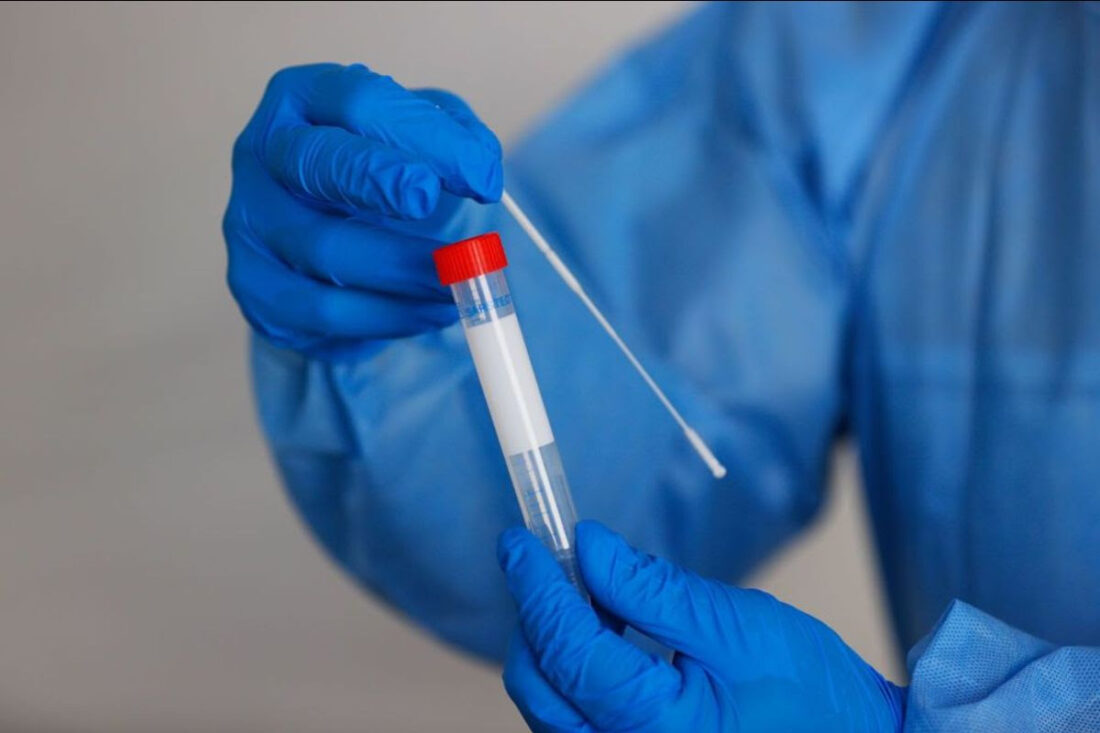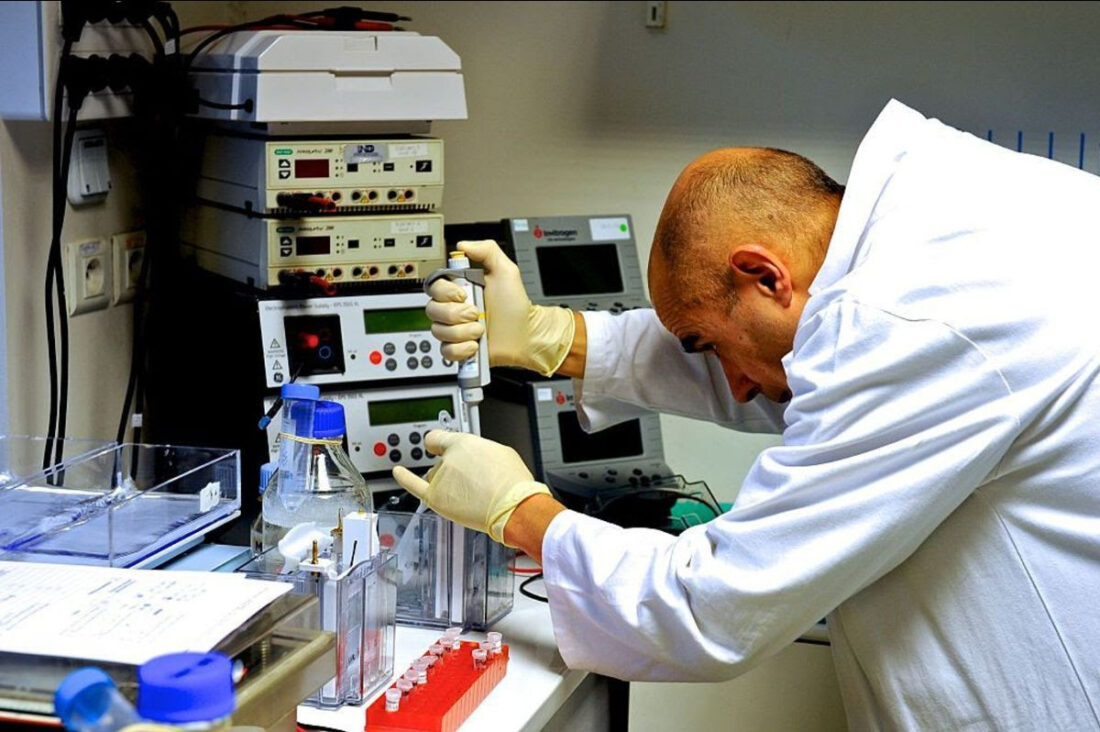Aquatics Integrity Unity (AQUI) Reports “Little Disruption” To Doping Test Program From Russia’s Bloody War On Ukraine

The Aquatics Integrity Unit – AQUI – which opened its doors for business in January this year, has issued doping testing statistics for 2022 in a joint World Aquatics statement that expresses satisfaction with the system of checks in Russia despite its war on Ukraine and at a time when the reinstatement of RUSADA remains a work in process.
The illegal Russian war on Ukraine has recently been painted by the International Olympic Committee as just one among 70 or so wars in the world. Here’s a perfect description of why that is high-politic and the stuff of Putin propaganda at a time when Thomas Bach, IOC president, is leading a concerted effort to find a way to get Russia athletes back in the fold and competing alongside Ukrainians who have no intention of letting that happen, for reasons obvious even to the IOC – read and weep:
Against that disturbing backdrop, the war has been accompanied by a 16% decline in the number of blood tests carried out in Russia as compared to 2021.
Nonetheless, in a statement from the independent unit that includes comment from the highest office of World Aquatics on the global regulator’s “unwavering commitment” to clean sport, the AQUI says it is pleased “that there has been little disruption to the World Aquatics testing program as it concerns Russian, Belarusian and Ukrainian athletes in 2022”.
- The wider world and sports context of that conflict: World Aquatics Establishes Task Force To Consider Way Back For Russians (In War, There Isn’t One!)
The AQIU Statement in full:

In 2022, a total of 5835 samples were collected from 1428 individual athletes from 101 National Federations across all aquatic sports: swimming, water polo, diving, artistic swimming, open water swimming and high diving. The samples included 3766 urine samples and 2069 blood samples, all of which were subjected to rigorous testing.
“This year’s testing numbers demonstrate our unwavering commitment to ensuring clean sport and fair competitions for all aquatics athletes in all aquatic sports,” said World Aquatics President Husain Al-Musallam. “Through our partnership with the ITA and the leadership of the AQIU, we continue to ensure that state-of-the-art independent testing methods are in place to combat doping and ensure our waters are clean. All athletes deserve a level playing field.”
Tests by gender were balanced, with female athletes accounting for 50.7% of tests compared to male athletes at 49.3%. Europe accounted for 56.6% of tests followed by America (21.6%), Asia (10.9%), Oceania (7.7%) and Africa (3.17%).
With regard to testing across World Aquatics sport disciplines, swimming accounted for 66% of all tests, followed by water polo (14%), open water (9%), artistic swimming (5%) and diving and high diving (4%).
Update on Testing in Russia, Belarus and Ukraine
The AQIU is pleased to report that there has been little disruption to the World Aquatics testing program as it concerns Russian, Belarusian and Ukrainian athletes in 2022.
Notably, the number of out-of-competition tests conducted on Russian athletes was on par with the ITA testing plan. The overall number of blood tests decreased by only 16% as compared to 2021, with 293 tests being carried out.
Testing in Belarus remained predominantly unaffected, with the number of out-of-competition tests conducted on Belarusian athletes in 2022 similar to previous years. There were 21 tests carried out in 2022.
Despite facing challenges due to the ongoing war and difficulties in obtaining whereabouts information for Ukrainian athletes forced to relocate, the ITA has worked diligently to maintain testing consistency with the 2021 period for these athletes as well.
“These testing figures for Russian and Belarussian athletes are significant given that these athletes did not compete in any World Aquatics competitions in 2022 and as compared against the increase in testing during the prior year’s Olympic Games in Tokyo,” said AQIU Chair Miguel Cardenal Carro. “The AQIU has been steadfast in its mission to ensure clean competition in all aquatics events, and particular attention has been placed to ensure that no gaps in testing take place during the ongoing war in Ukraine.”